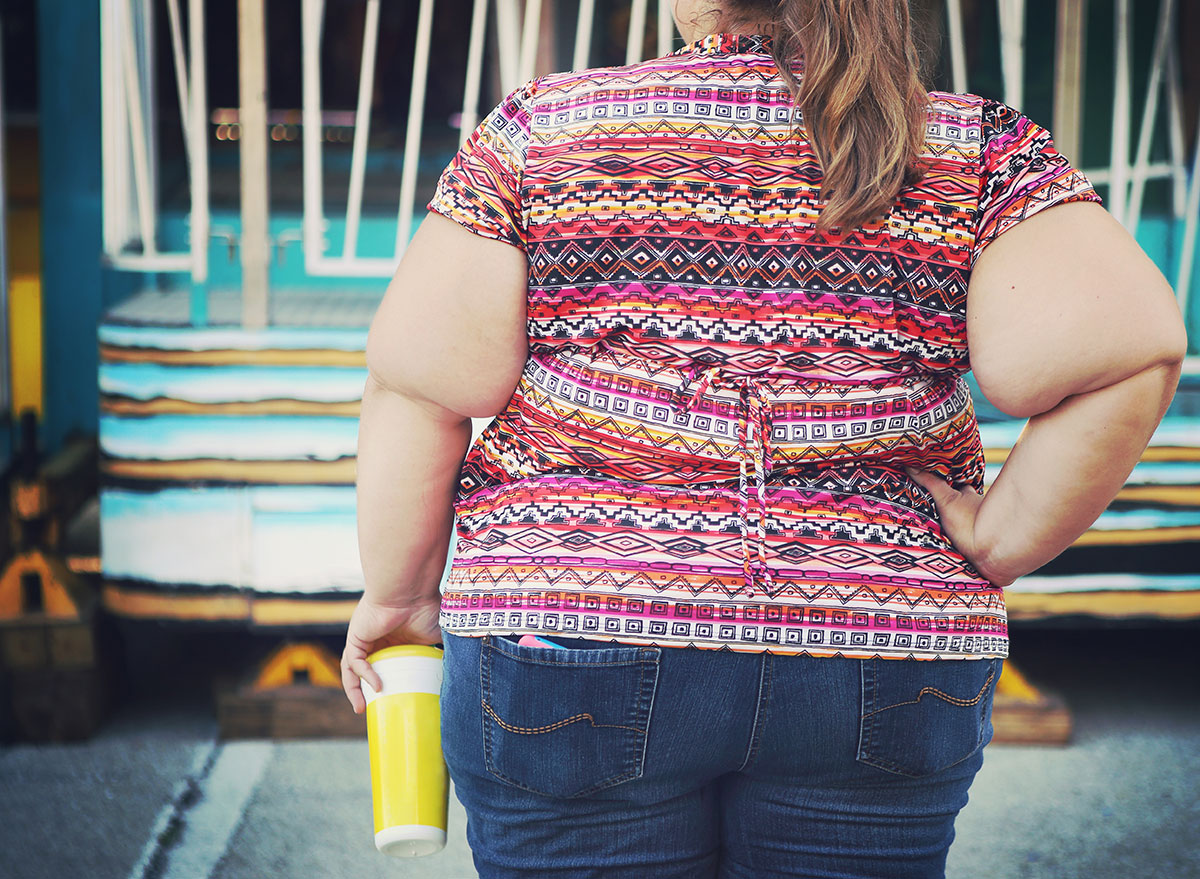7 Habits That Are Hurting Your Immune System, According to Harvard

As the COVID-19 pandemic progresses, the need to support your immune system arguably becomes even more urgent. Yet, there are a few habits you may be doing each day that are working against your body's ability to fight off viruses and even certain diseases.
Of course, there are factors that are out of our control (such as older age) that can hinder immune function. This makes it all the more important to focus on the things we can address now to prepare our immune systems for the worst-case scenario later. (Related: The One Vitamin Doctors Are Urging Everyone to Take Right Now).
The experts at Harvard T.H. Chan School of Public Health recently published the Healthy Living Guide 2020/2021, and from it, we extracted seven key factors that can depress your immune system.
Habits you have more control over…
Eating a lot of processed foods

Eating a diet that's predominantly made up of processed foods and—lacking fresh fruits and vegetables—can weaken your immune system. Processed foods are often either high in saturated fat or loaded in added sugars. Sometimes, they're high in both of those things, and consuming them in excess (and over time) can lead to chronic inflammation in the body, which can tax the immune system.
For more, be sure to check out: Here's Exactly How a Plant-Based Diet Can Protect You From Disease, According to Experts.
Not getting enough sleep

As the experts at Harvard point out in this year's guide, lack of sleep—or rest, in general—can hinder the body's ability to fight off infection. As we sleep, a cytokine (which is a molecule that is crucial for immune function) is released that helps to fight infection. So, cutting your sleep short can then decrease the number of cytokines and other important immune cells.
Hint: There are several foods and diet changes that may help you to improve your sleep.
Drinking too much

Many of us look forward to having a glass of wine, whiskey, or beer at the end of the workday. But, drinking too much can negatively impact your immune system, too. More specifically, alcohol can impair or suppress the normal activity of immune cells, say Harvard experts.
Try to limit your alcohol consumption to just one drink each day, if not cutting it down to just three or four days a week.
Smoking cigarettes

According to the CDC, not only can smoking cigarettes harm the immune system by and making it less successful at fighting disease, but it can also compromise its equilibrium, increasing the risk for several autoimmune disorders.
Ignoring stress

Chronic stress can silently wreak havoc on your immune system. Stress, which releases the hormone cortisol, can suppress the inflammation necessary to activate immune cells and, as Harvard experts point out, the action of white blood cells. White blood cells, also known as lymphocytes, help to fight off infection, as per the Cleveland Clinic.
Carrying extra weight

As the experts at Harvard point out, having obesity is associated with low-grade chronic inflammation. Adipose, or fat, tissue produces adipocytokines, which can promote inflammatory processes.
"Research is early, but obesity has also been identified as an independent risk factor for the influenza virus, possibly due to the impaired function of T-cells, a type of white blood cell," the experts write.
Working to shed excess weight could potentially tack years onto your life.
Now for the one that you can't always prevent or control…
Chronic diseases

This isn't a habit. For some people, chronic diseases such as autoimmune disorders are unavoidable—no matter how healthy they eat or how many hours a week they spend exercising. Many times, people are born with an autoimmune disease, or they develop it later in life without warning. Some of these disorders can attack and potentially disable immune cells, Harvard experts point out.
For more, be sure to read 25 Late-Night Habits That Are Ruining Your Weight Loss Efforts.








